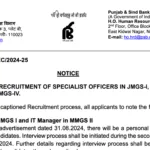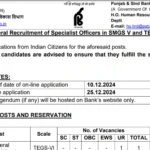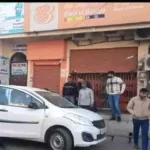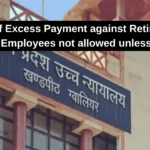Public rushes to SBI & Other Government Banks as Private Banks deny exchange of Rs.2000 note

Government Banks: Customers are rushing to public sector banks, especially the State Bank of India (SBI), to exchange Rs 2,000 notes. Private banks are either not accepting these notes or imposing limits beyond the Rs 20,000 set by the Reserve Bank of India.
At an HDFC Bank branch in New Delhi, account holders can exchange up to Rs 20,000, while non-account holders can only exchange up to Rs 10,000.
This is done to ensure that account holders of the bank are not disadvantaged if the bank runs out of Rs 500 notes. Non-account holders are required to fill out a form and provide identification for record-keeping purposes.

SBI branches have been crowded because the bank does not require any additional information for currency exchange. Many shops have also stopped accepting Rs 2,000 notes due to a shortage of change.
Some businesses, like a bakery in Connaught Place, only accept Rs 2,000 notes if the bill equals or exceeds that amount. People with these notes prefer to use cash for payments to get rid of them.
Small grocery shops have completely stopped accepting the withdrawn currency due to difficulties in obtaining change and the long queues at banks. Petrol pumps, on the other hand, continue to accept Rs 2,000 notes without any issues.
Latest Updates
- Punjab and Sind Bank Specialist Officer Exam Date 2024 Released, Check Syllabus and Exam Pattern
- SEBI Issues Warning to HDFC Bank for Violation of Rules related to Merchant Banking
- Punjab and Sind Bank Lateral Recruitment Notification for AGM and DGM Posts
- Bank of Baroda Branch Manager arrested in Bribery Case in Bulandshahr
- Recovery of Excess Payment against Retired Class III and IV Employees not allowed unless Fraud





